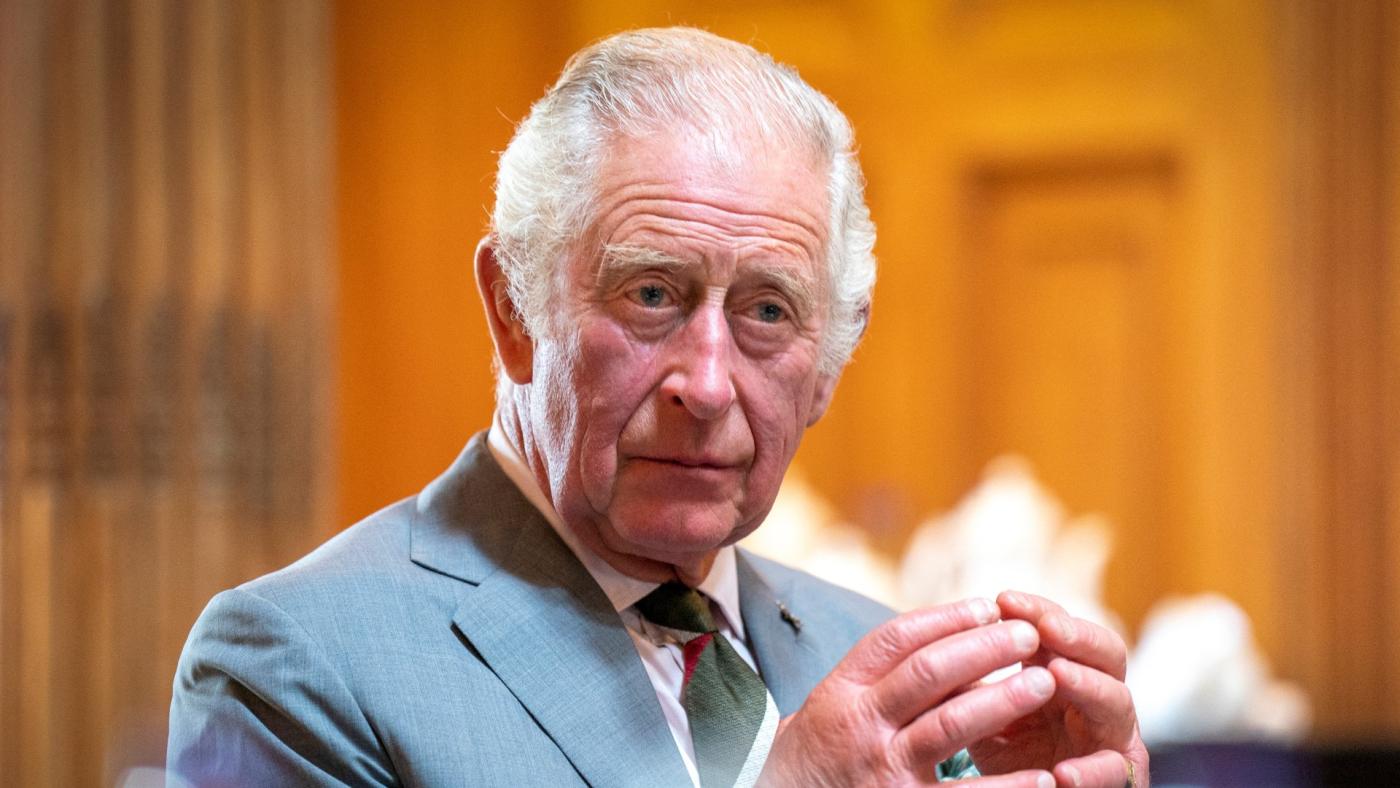MI5 Director General, Andrew Parker, has told a symposium of his European counterparts in Berlin that Islamist terrorism represents one of two “unprecedented” dangers to the EU (the other being Russian aggression)[1].
Parker called the threat from Islamist terrorism “intense, unrelenting and multidimensional”, stating “Daesh continues to pose the most acute threat, but Al Qaeda and other Islamist terrorist groups haven’t gone away”. He said that since the Westminster terrorist attack of March 2017, MI5 and the police have prevented twelve further Islamist terror plots, bringing “the total number of disrupted attacks in the UK since 2013 to 25”[2].
He attributes the rise in the threat from Islamist terrorism to “Daesh’s murderous ideology”. He said, “Whilst Daesh has now lost its false Caliphate in its strongholds in Syria and Iraq, tackling the group as a movement will require sustained international focus for years to come” as the organisation seeks to regroup[3].
The Islamist terrorist threat is described by Parker as being three dimensional “because plots germinate at home, abroad and online. Terrorism operates across three spaces. Online Daesh pumps out its vile propaganda and practical instruction. Daesh’s twisted ideology continues to influence vulnerable and violent individuals across Europe and beyond to use crude but deadly methods to kill … In Syria and other spaces of low or no governance Daesh still aspires to generate and direct devastating and more complex attacks”[4].
Echoing recent concerns about remote radicalisation from other members of the security services, Parker notes that, while the threat of terrorism is not new, its amplification and acceleration “by the reach and tempo of technological change” means “it is now more global, more multi-dimensional and of a different order of pace and intensity” than that seen before[5].
However, despite the bleak picture of the threat from Islamist terrorism he painted, Parker said he is confident about Europe’s ability to tackle it, “because of the commitment, talent and skill of the people working against these threats … the strength and resilience of our democratic systems. And the resilience of our societies and the support of the public”. He added, “I’m also confident because of the robust framework of law, oversight, transparency and accountability that UK Agencies work within and the values we share with European partners”[6].
His reassurance of the Security Service’s capability to counter the Islamist threat was also based on the partnerships established between MI5 and social media and communications companies. He said, “We are committed to working with them as they look to fulfil their ethical responsibility to prevent terrorist, hostile state and criminal exploitation of internet carried services: shining a light on terrorists and paedophiles; taking down bomb making instructions; warning the authorities about attempts to acquire explosives precursors”[7].
As well as emphasising the importance of European security partnerships in countering the threats from both Islamist terrorism and Russian aggression, Parker also stated that MI5’s and the police’s response to rising extreme right-wing terrorism is as “equally firm” as their response to the threat of Islamist terrorism[8].
[1] Verkaik, 2018.
[2] The Security Service, 2018.
[3] The Security Service, 2018.
[4] The Security Service, 2018.
[5][5] The Security Service, 2018.
[6] The Security Service, 2018.
[7] The Security Service, 2018.
[8] The Security Service, 2018.
Sources
The Security Service. (2018) ‘Director General Andrew Parker Speech to BfV Symposium’. [online] https://www.mi5.gov.uk/news/director-general-andrew-parker-speech-to-bfv-symposium. [Accessed 18 May 2018].
Verkaik, R. (2018) ‘Islamists and Russia ‘are key threats to EU’’. i newspaper. 14 May. p.9.






